Question And Answer
Publications
Articles, publications, books, tools and multimedia features from the U.S. Institute of Peace provide the latest news, analysis, research findings, practitioner guides and reports, all related to the conflict zones and issues that are at the center of the Institute’s work to prevent and reduce violent conflict.
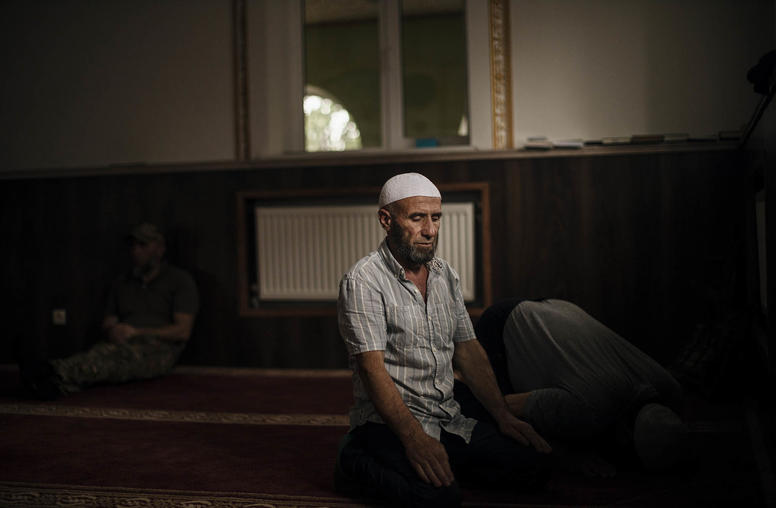
What Comes Next for the International Religious Freedom Movement?
The historic city of Prague recently hosted diplomats, civil society activists and religious leaders from 60 countries around the shared goal of global religious freedom. Convened by the Czech government, it was the fifth gathering since the United States launched the ministerial process in 2018. As persecution continues worldwide, victimizing individuals from all faiths and none, the timing was right to gather those committed to promoting freedom of thought, conscience, religion or belief for all.
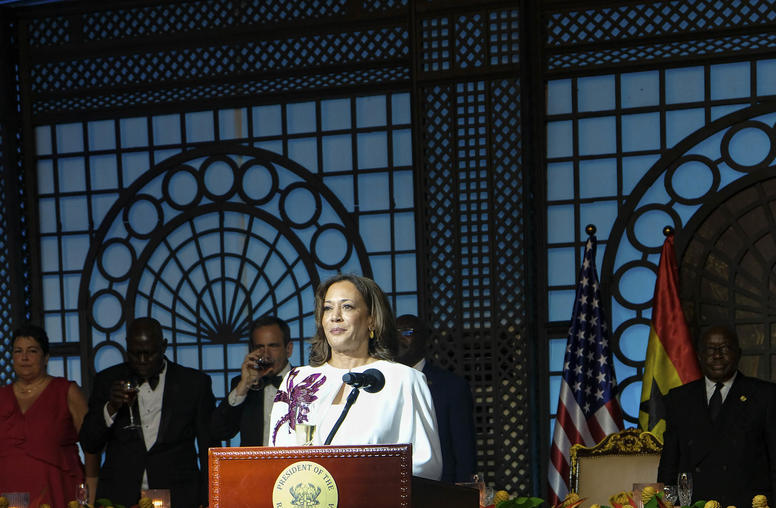
Vice President Harris Helps Focus on Ghana, West Africa
Vice President Kamala Harris’ choice of Ghana this week as the place to launch her show of U.S. commitment to a new partnership with Africa can be no surprise. Ghana is one of Africa’s more established democracies and is at the center of the coastal West Africa region that the United States has targeted for focused efforts to prevent instability and the spread of extremism that is driving insurgencies in the neighboring Sahel region. As Ghana confronts that threat, notably in its vulnerable north, its community and civil society groups form an essential resource that partners should support.
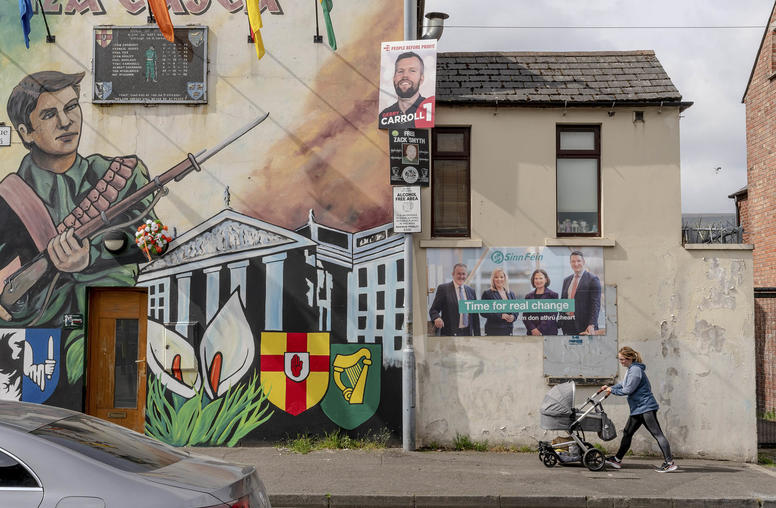
What Can We Learn from Northern Ireland’s 25 Years of Peace?
Next week marks 25 years since Northern Ireland’s Good Friday Agreement ended three decades of violent conflict between Catholics and Protestants. What can we learn from that breakthrough to strengthen peace efforts today? A Northern Irish peacebuilder argues a that a vital step in his homeland’s peace process placed civil society — and, critically, civil society’s religious participants — at its center in a way that other peace efforts (between Israelis and Palestinians, for example) have not. Northern Ireland continues to build reconciliation, a demonstration that, while religious factors sometimes fuel conflict, a fuller engagement of religious leaders and groups contributes powerfully to lasting peace.
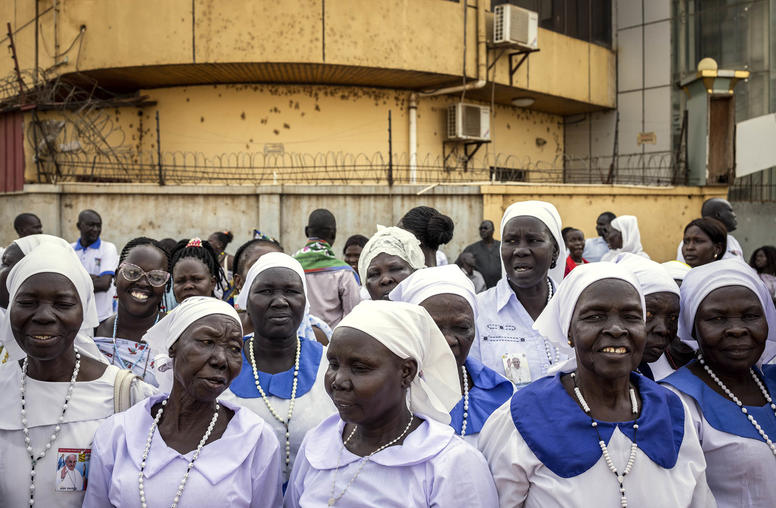
The U.S. Strategy for International Religious Engagement: 10 Years On
In 2013, the United States adopted its first ever “National Strategy on Integrating Religious Leader and Faith Community Engagement into U.S. Foreign Policy.” This White House strategy acknowledged the significant contributions of religious leaders and faith communities to human rights, global health and development, and conflict mitigation; and provided an interagency blueprint for integrating more robust engagement with religious actors across a broad range of foreign policy and national security issues. A decade later religious engagement remains a vital but underdeveloped capacity in U.S. foreign policy, and the strategy’s 10th anniversary offers a natural opportunity to revitalize strategic thinking and spur new action on this agenda.
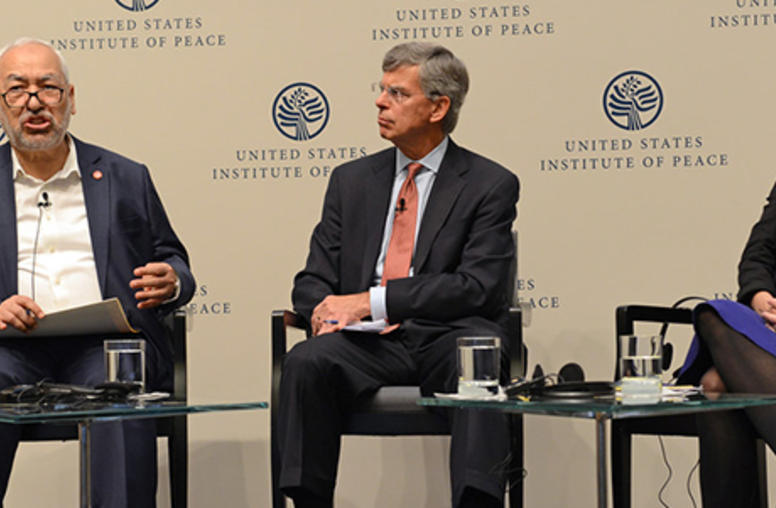
Islamist Party Leader Appeals for Aid to Bolster Tunisian Example of Moderation, Democracy
Sheikh Rachid Ghannouchi, the founder of Tunisia’s Islamist party, appealed this week for U.S. political and economic support as his country struggles to complete its historic transition. Tunisia, the lone success story out of the Arab uprisings, could serve as an example for Iraq, Syria, Egypt and others, he said.
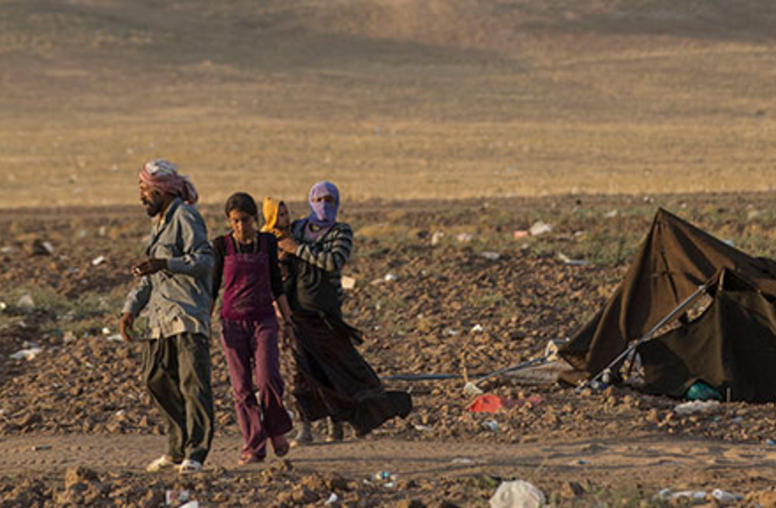
'Islamic State' Attacks Fuel Anger, Cloud Talk of Reconciliation in Iraq
The devastation wrought by the past year’s renewed conflict in Iraq -- and equally by the long slog to dislodge the Islamic State -- can be captured in the frame of a teenage boy. The new fighting atop a decade of war after the 2003 U.S. invasion brings not only further physical damage, but a dangerous breakdown of the social fabric.
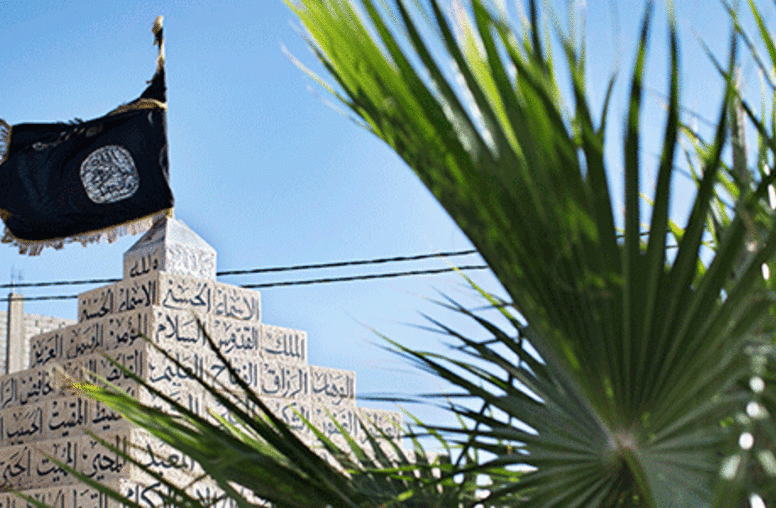
How Not to Fight a Fanatic
The United States needs to take a wider view of whom it works with in its war against religious extremists.
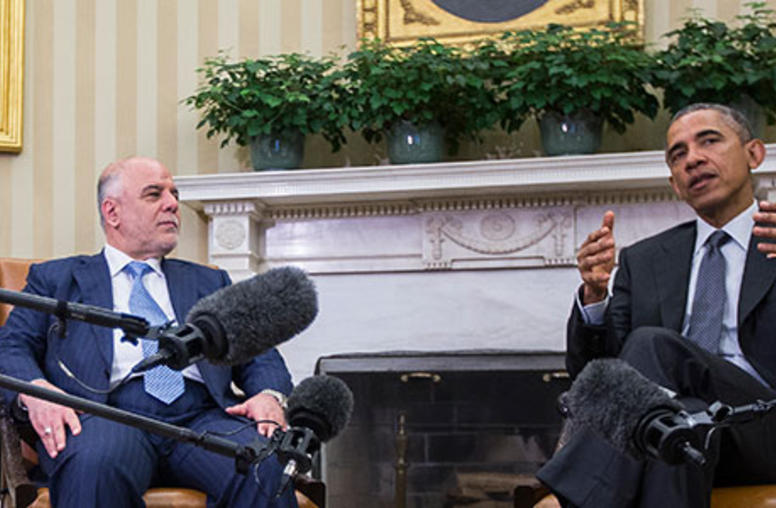
Winning the Peace in Iraq is Bigger than Winning the War
The plan for Iraq's future needs to go deeper than defeating the Islamic State.
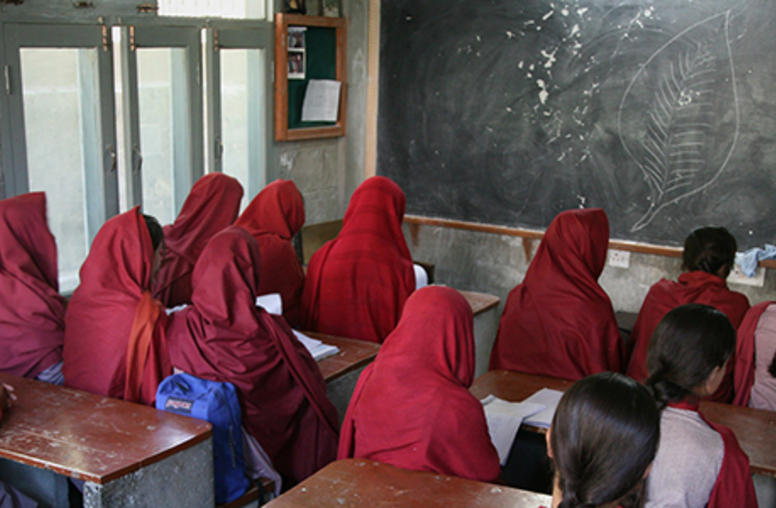
Pakistan Public School Curriculum Distorts Views on Terrorism, Researcher Says
Pakistan’s public school curriculum uses flawed textbooks that distort student perceptions, limit their critical thinking skills and obscure the real causes of violence and terrorism in the country, according to a study commissioned by the U.S. Institute of Peace.
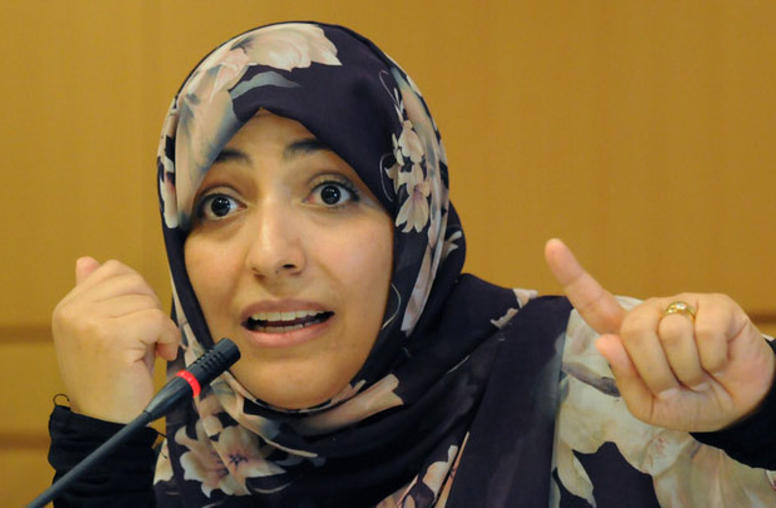
Halting Yemen’s War: U.S. Must Lead, Nobel Peace Laureate Says
Tawakkol Karman, the Yemeni human rights activist who won the Nobel Peace Prize in 2011, called on the United States to assume a bigger role in trying to revive a political process that might end the war now tearing her country apart. She urged the U.S. government to lead in pressing for a cease-fire and the transformation of Yemen’s militias into political parties.